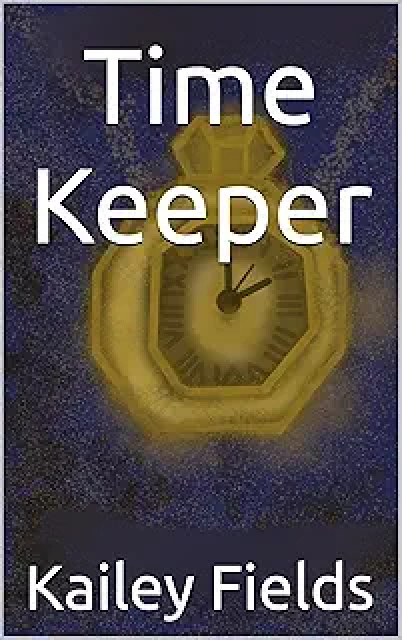Excessive Body Hair…A Hairy Subject Affected By Changing Views by Bill Knell
Excessive Body Hair…
A Hairy Subject Affected By Changing Views
by Bill Knell
Excessive body hair has been an issue for as long as I can remember. As kids, it affected girls with hairy forearms more than boys; especially girls with dark hair colors. Those lucky enough to be blonds tended to get a pass from curious onlookers unless they had a forest growing on their arms.
When it came to what happened in grammar school, even the prettiest girls got stigmatized because of their arm or leg hair. In sixth grade I knew a twelve year old girl named Sarah who used to skip school because she was teased so bad about the hair on her arms and legs. She kept begging her mom to let her shave her legs. Finally, mom gave in and provided Sarah with what she needed to shave and showed her how to do it. She also started shaving her forearms.
Some girls came up with some interesting fixes for excessive forearm hair. They wore long sleeve tops year round, never went to the beach when it was crowded, swam in their pools when no one else was around, told their friends they had a sun allergy and needed to cover up as much as possible, and waxed off or bleached the hair on their arms.
Sadly, some girls I knew in junior high and high school fell victim to weirdo guys and girls who had hairy forearm fetishes. After befriending or dating the girls for awhile, they would ask to take pictures of their arms, cut off some hair as a keepsake and do other weird stuff. The girls involved often put up with those behaviors because they were lonely and few guys wanted to date them.
In the late 1960s, and all through the 1970s, everyone was into the “natural look”. That, combined with the Women's Liberation Movement, meant that girls didn't have to shave anything to look good. By the 1980s the natural look had faded and girls began shaving again. No one cared how much hair girls had on their arms as long as they shaved their underarms and legs, looked cute, wore the right clothes and perfectly styled their hair.
In the 1990s to the early 2000s stars like Julia Roberts, Sarah Michelle Gellar, Jennifer Connelly, Melissa Joan Hart and Anne Hathaway made their marks on the big and small screens despite having noticable amounts of forearm hair. Some like Sarah, who had naturally dark hair, obviously chose to dye her arm hair as was obvious in her role as Buffy. I didn't care either way. She was cute and became my favorite vampire slayer.
Not all celebrities have been able to embrace their excessive arm hair. Jenna Ortega opened up in an interview saying that a friend of hers in school told her that she had “gorilla arms”. From then on she began shaving her arms every day and still does. She is really cute so I could care less how much or how little amounts of hair she has on her body. She has made Wednesday my favorite day of the week and I'm not the only one that feels that way.
Fortunately, views have changed again allowing for a more accepting attitude of girls that do not shave their underarms or legs. Several celebrities like Julia Roberts, Miley Cyrus and Drew Barrymore have walked the red carpet at various events with unshaven underarms and/or legs. Before you judge yourself too harshly for having hair in places where nature and genetics put it, try to remember that many European women do not shave anything; and they look just fine to me!
Kailey Fields offers readers fresh and very human fiction stories that are unique, yet relatable.
kindle, paperback or hardcover
kindle, paperback or hardcover
Cerelia, a museum employee with a penchant for the obscure and a healthy dose of skepticism tempered by an insatiable curiosity, had been cleaning the newly acquired collection of ancient artifacts. She was meticulous, and painstaking in her work, a sharp contrast to the hurried pace of the city outside the museum walls. She liked the quiet solitude of the museum, a world apart from the noisy urban jungle. She found solace in the relics of the past, each object whispering a story of bygone eras.
kindle, paperback or hardcover
The seeds of her self-doubt had been sown in her early years. She'd been relentlessly bullied in school for being different, for her passion for gaming, which had been dismissed as a “boy thing.” That hurt had left deep scars. Creating Lemonade had been a shield, a way to deflect the negativity she faced in the real world. It was a safe space where she could be celebrated for her skills, her wit, and her personality, instead of facing ridicule.





















Comments
Post a Comment